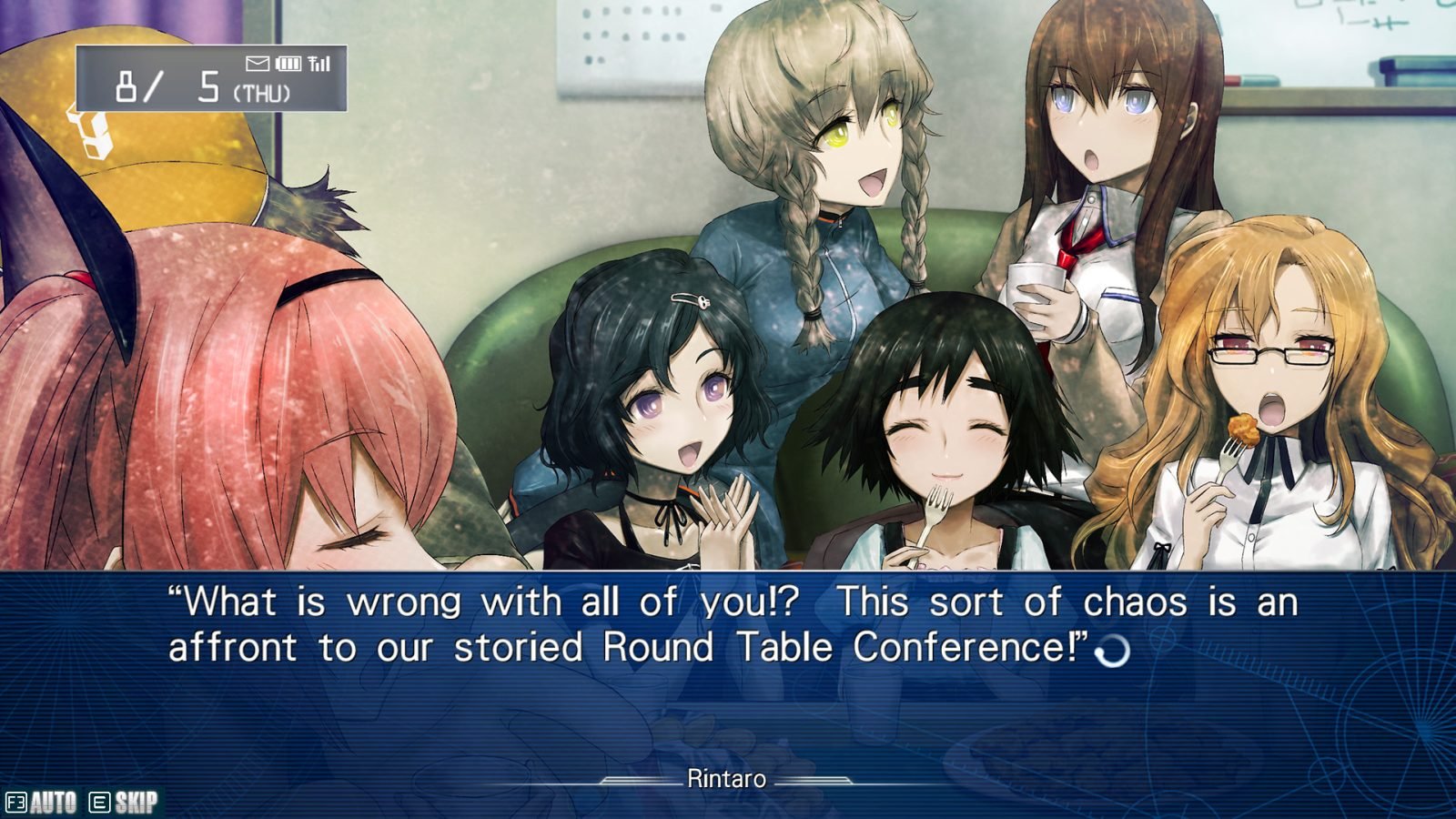
- Japanese YouTuber Yoshida was convicted for sharing game spoilers, including the ending of the 2011 visual novel ‘Steins;Gate: My Darling s Embrace’.
- Yoshida received a two-year suspended prison sentence and a fine of 1 million yen ($6,700) for his actions.
- This case sets a new precedent in Japan, highlighting the first conviction under the Copyright Act for sharing video game footage.
You could assume that disclosing a game’s conclusion is just another day in the internet age, given how frequently spoilers appear on YouTube, much like cat videos. But that proved to be an expensive error for one Japanese YouTuber.
The start of this very absurd story started when Yoshida posted three films, one of which featured the conclusion of the 2011 visual novel “Steins;Gate: My Darling’s Embrace,” between September 2019 and May 2022. It can now seem like playing a visual novel to those who are not familiar with the genre.
Thus, Yoshida effectively gave away the book’s climax by disclosing the resolution. Yoshida was consequently fined 1 million yen, or about $6,700, and given a two-year suspended prison sentence for this horrible act.
Before you dismiss this and say, “Oh, he must’ve been a young, naive gamer who didn’t know any better,” remember the following. I am Yoshida, 53. That’s correct, people. He was around to recall the days when Pong represented the height of video game technology. However, his advanced age did not save him from the Japanese justice system’s anger.
As the principal prosecuting body, the Content Overseas Distribution Agency, or CODA, argued that these measures may deprive Spike Chunsoft, the publisher, of sales. Ultimately, why purchase the cow when you can obtain the milk (through YouTube) for free?
So-called ‘fast content’ with videos and narration was uploaded to YouTube. All of these are malicious cases of posting videos containing content and endings (spoilers) without permission from the rights holders, gaining a lot of access and unfairly gaining advertising revenue through copyright infringement.
P.S. CoDA defines fast content as the “act of combining only the movie scenes of a game with a story and editing it so that the game’s content can be understood in a short amount of time up to the ending.”
On the other hand, Yoshida was portrayed by the defense as an ardent supporter. They contended that although his acts could have been foolish, they weren’t very malicious. The judge, who might have been a player himself, appeared to partially concur. Yoshida’s two-year prison term was suspended for five years, so if he can resist posting any more game teasers during that time, he will be spared from prison.
It’s interesting to note that this case has established a precedent in Japan, where a person has been found guilty for the first time of disseminating video game footage in violation of the Copyright Act. It serves as a sharp reminder of the cultural variations in the ways that copyright laws are interpreted and applied globally. The stakes are far higher in Japan than they are in the West, where many gamers routinely reveal gameplay details without thinking twice.

It appears that the crown has its own set of laws in the age of content-king, and these rules change based on where you live in the world. Play on, but perhaps don’t reveal any spoilers to others. or from Japan, at any rate.
